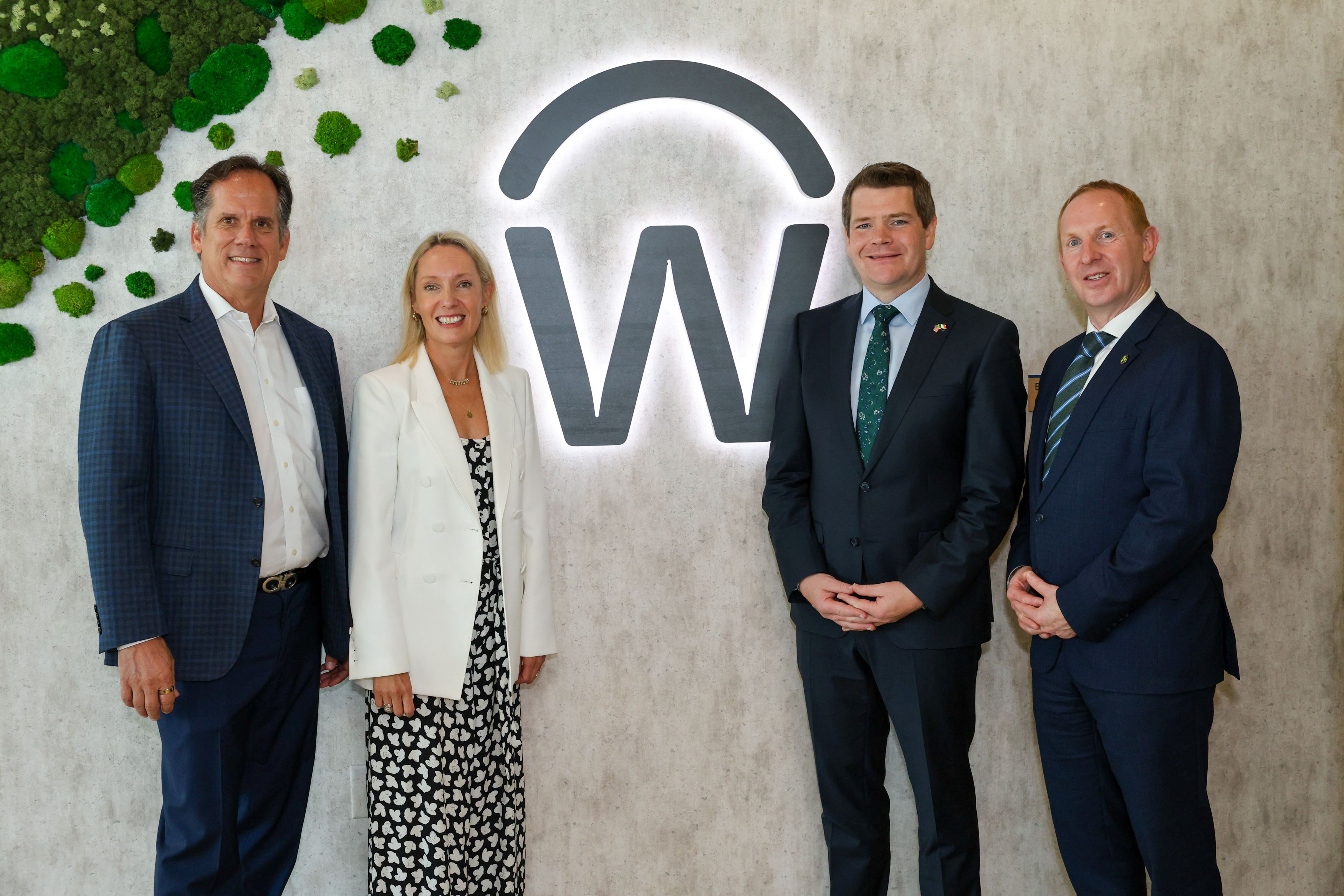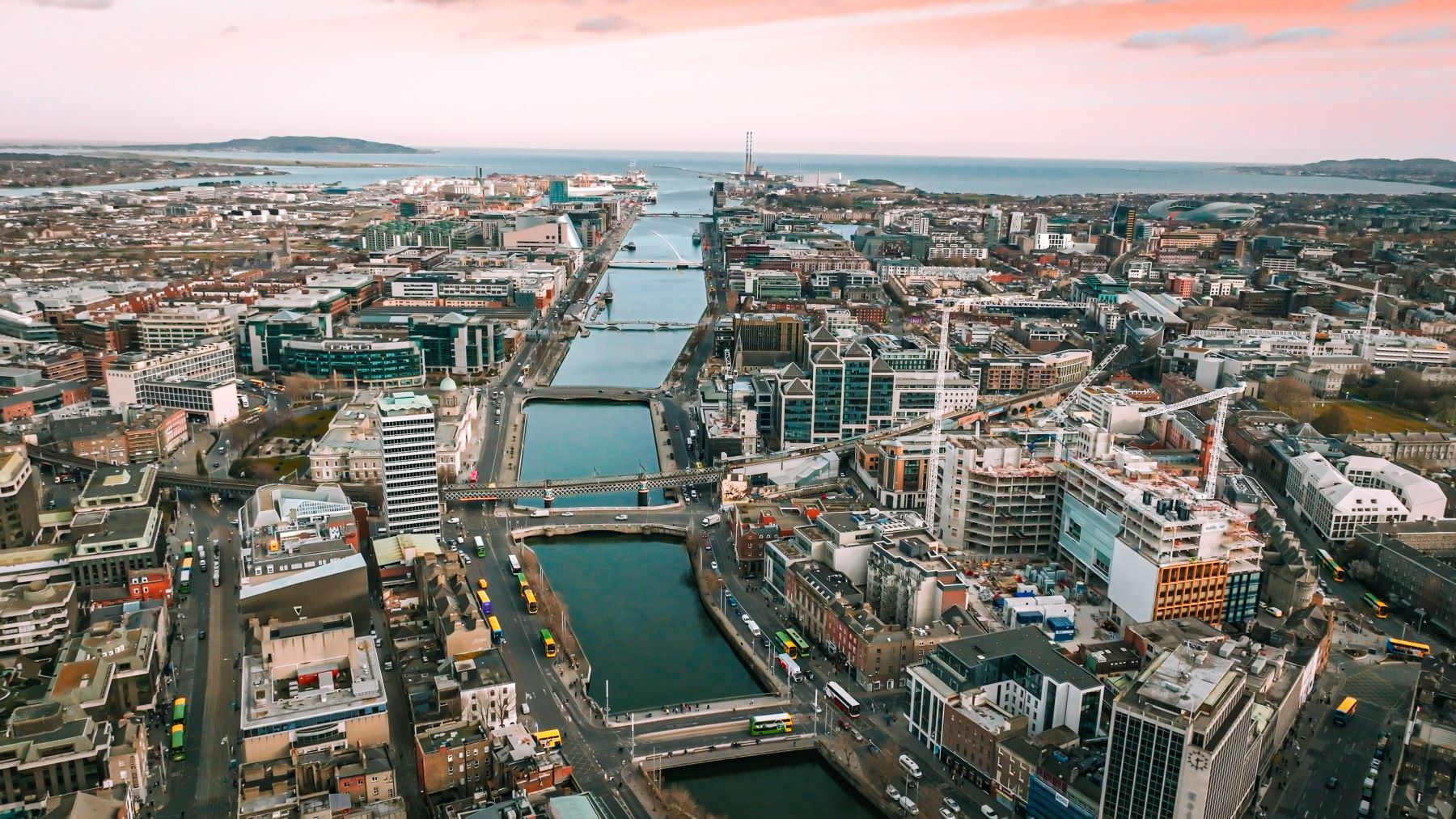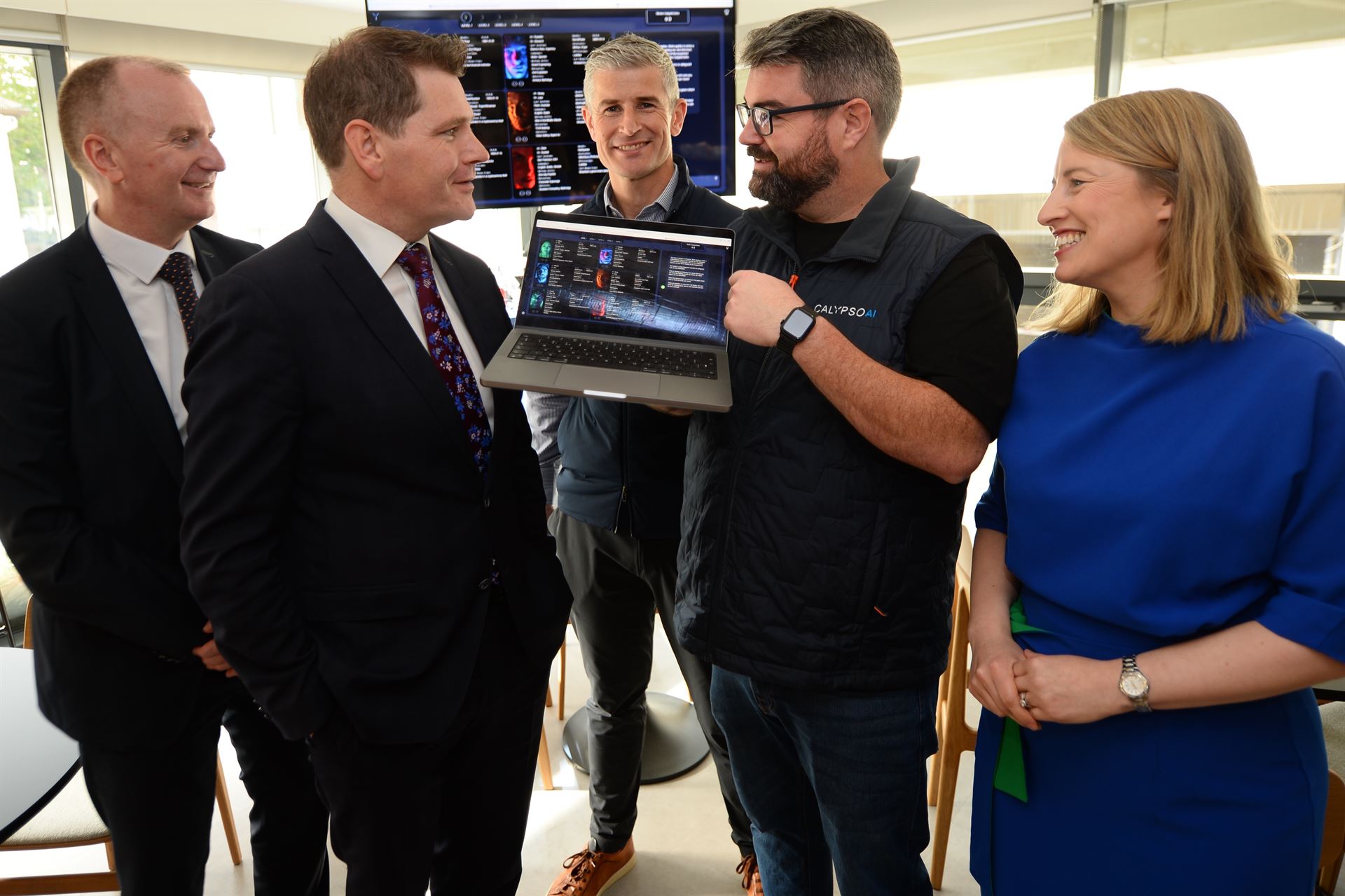“The multinationals don’t acquire intellectual property and disappear: these acquisitions have a really important, long-tail impact for enterprise in Ireland,” comments Dónal Travers, head of technology, consumer and business services at IDA Ireland.
A classic example of this is Workday’s acquisition of the Irish-founded software company Cape Clear. At the time of the deal, Workday had fewer than 200 people and Cape Clear had a staff of around 23. Today, as part of Workday, that number in Ireland is closer to 2,200, with 80 per cent of the team working in engineering roles.
Workday also chose Ireland as the base for its EMEA headquarters, and the US software company deepened its commitment to Ireland in 2025 with a €175 million investment in a new AI centre of excellence to be located in Dublin.
 Gaining a top team through acquisition
Gaining a top team through acquisition
“Workday might have come to Ireland anyway but that acquisition got them a really top team: Iona Technologies co-founder Annraí O’Toole was one of the most respected people in the software industry who knew how to scale companies. He stayed with Workday a long time, as did the other founders of Cape Clear who took on senior global roles,” comments Travers.It’s a similar story with Red Hat’s acquisition of FeedHenry in 2014 for €63.5 million. The Irish company was spun out from Waterford Institute of Technology’s Telecommunications Software and Systems Group (now the Walton Institute at SETU), in 2010. It turned out to be an important strategic deal for Red Hat: FeedHenry’s technology became its global mobile app platform before Red Hat was itself acquired by IBM in 2019. Red Hat maintained its presence in Waterford and in 2025, IBM, which itself has acquired a number of Irish technology companies, announced a major investment in mainframe computing in the city.
“In some cases, an exit is the right road for an Irish company. It gives them the resources, funding, structure, partnership opportunities, and maybe most importantly, the market access to scale,” says Travers.

Major names seek out Irish innovators
Irish companies come to the attention of some of the industry’s biggest names. Oculus, the virtual reality company that itself was acquired by Facebook in 2014 for $2 billion, identified valuable technology at InfiniLED, the university spin-out from Tyndall National Institute and University College Cork. The Irish company develops a range of LED light-source modules based on its patented µLED (microLED) technology, which it licensed from Tyndall.MasterCard acquired the Irish payments company Orbiscom in 2009 and Garry Lyons, the latter company’s CEO, became MasterCard’s Chief Innovation Officer, working from the Dublin office which is also the global headquarters for MasterCard Labs, the company’s R&D function tasked with fast-tracking innovative products and services.
Major semiconductor names like Intel and Arm have both snapped up innovative Irish start-ups, while the US telecommunications giant Verizon was involved in one of the biggest Irish exits when it acquired Fleetmatics for $2.4 billion in 2016.
Cybersecurity has proven to be another fruitful hunting ground for international investors. In summer 2025, the Romanian cybersecurity firm BitDefender announced it would acquire Mesh Security, which provides email security for managed service provider companies that provide IT services to other businesses.
 Ireland’s growing reputation in AI
Ireland’s growing reputation in AI
Getvisibility, a Cork-based company that uses AI to help companies understand their security risks, was acquired in a multimillion euro deal by Forcepoint. Ronan Murphy, who co-founded Getvisibility in 2017, took on the role of Chief Data Strategy Officer at Forcepoint, while his co-founder and CEO Mark Brosnan became Head of Engineering for DSPM. “We’re not just joining Forcepoint – we’re helping evolve it,” Murphy said after the deal.Charlie Taylor, technology editor of the Business Post, noted that the deal adds to the country’s growing reputation in artificial intelligence. “It’s also a huge win for Ireland because it shows that we are capable of producing some very good high-tech companies in the AI space,” he said on the Connected AI podcast.
In a similar vein, CalypsoAI, the security company led by Irishmen Donnchadh Casey and James White, was acquired in a $180 million deal by Nasdaq-listed F5.
It's no coincidence that Ireland’s longstanding track record in the pharmaceuticals, biotech and medical devices sectors has also led to a lot of deal activity. Amryt Pharma, an Irish company that develops drugs targeting rare diseases, was acquired by Chiesi Farmaceutici of Italy for up to $1.5 billion in 2023. The following year, Metabolic Diagnostics of Cork, was acquired by Trinity Biotech and another Cork pharma company, Rowex, was sold to the Swiss giant Sandoz.
 Buyers from across the globe
Buyers from across the globe
The extent of deals involving Irish technology companies says much about Ireland’s longstanding expertise in that arena, but that sector is not an outlier. Acquisitions go far beyond the technology sphere, and what’s more, the buyers and sellers can come from diverse locations. In 2024, the Swiss company R&S Group acquired Kyte Powertech, which manufactures distribution transformers for distribution networks and industrial applications including renewables. The company is based in Cavan in Ireland’s North-East and before the deal it had grown to 490 people, bringing in annual revenues of €165 million. Modular Automation Ireland, based in Shannon, is an advanced manufacturing company and is now owned by the US firm Automated Industrial Robotics.Japanese companies often use acquisition as a way of setting up operations in new markets, and some well-known names have been active in Ireland. Mitsubishi has acquired two Irish companies: ElectroRoute, an energy trading and services company, and Ascension Lifts, an elevator company. In late 2023, SoftBank acquired a 51% stake in the Irish company Cubic Telecom, which specialises in communications for connected vehicles. NEC acquired an Irish radio frequency technology company, Aspire, and has subsequently reinvested in the business to expand its operations and add a R&D capacity.
Sumitomo Mitsui Banking Corporation (SMBC) acquired the aircraft leasing wing of RBS bank which was a relatively small operation at the time of the transaction in 2012. Over the following ten years, it expanded and moved its headquarters from Japan to Ireland, where it ultimately became one of the world’s largest aircraft leasing companies. Through another of its subsidiaries JRI, SMBC also set up a site in Tralee, county Kerry, that now employs more than 200 people and carries out many critical functions including a security operations centre.
That example is a classic story of a multinational investor that starts small, sees the value of its operations in Ireland, and expands significantly from that base. That, in turn, echoes Ireland’s attractiveness as a venue for FDI in all its forms. As the examples in this article show, there are many options for building out a presence in Ireland; acquiring an existing local company provides rapid ramp-up and the ideal launchpad for further growth.
